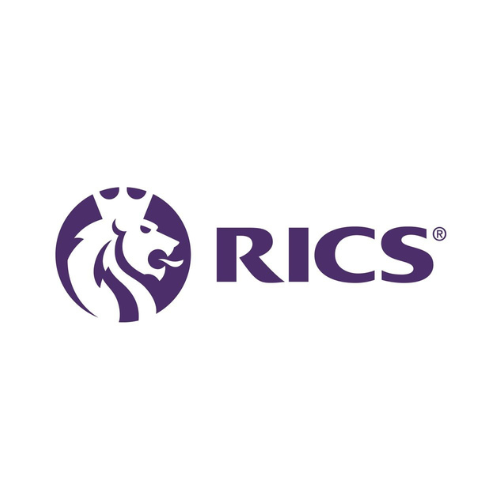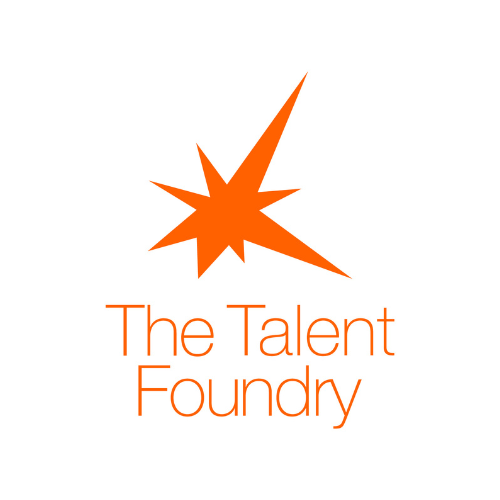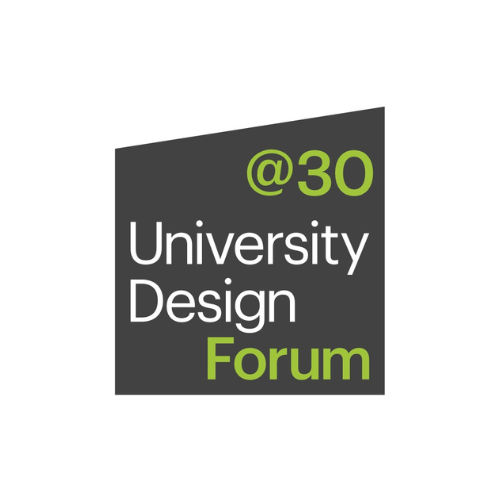The Journey to Net Zero, Identifying and Addressing the Key Challenges - 3 February 2021
.png/fit-in/700x9999/filters:no_upscale())
Decarbonisation Challenges
Covid-19 has caused significant financial strain on the higher education sector. On top of Covid-19’s challenges, the climate emergency - a pandemic in itself – is happening now. Covid-19 has posed the questions: what does the future of the UoL estate look like; and what will the subsequent needs of students, staff and academics be? Decarbonisation ties into this. UoL’s estate consists of listed heritage buildings. The existing fabric and services are no longer appropriate. Listed buildings limit what can be achieved in terms of fabric and efficacy measures within decarbonisation. Covid-19 has offered an opportunity to repurpose space. Expanding on existing estate may be a solution for this. However, the challenges remain: how do we provoke the same excitement for refurbishments that exists for new builds; and how can we practically and affordably manage energy and heat, while ensuring users remain comfortable? Upgrading the district heating network by extracting waste heat from sewers has the potential to benefit the UoL’s estate. For buildings outside of the estate, converting heat to electricity through heat source pumps may also contribute to reducing carbon. However, challenges remain in terms of managing longer term costs for these solutions.
Addressing the Challenges
To address the financial strain, partnering with specialists who can cooperate with investors may increase funding to support institutions. To negotiate this funding, decisions must be based on accurate data. Ensuring research and innovation teams are included could influence technology used to gather data. This may offer accurate insight and influence building management. Awareness of advancements in technology Webinar Review The University of London has established 2036 as their net zero target: a date that aligns with the University’s 200th birthday.The publisher is unable to take responsibility for the views and opinions expressed by contributors. Any advice, opinion or information contained is published only on the footing that the Publisher, and all contributors to this article shall be under no liability whatsoever in respect of contents. aids understanding in where and to whom conversations should be initiated. This could lead to involvement in appropriate research and development projects. Post-occupancy evaluations additionally contribute to monitoring performance gap and assist in establishing next steps to further refine buildings. In terms of the existing estate, perhaps the first solution is to explore decarbonised heating. Onsite renewables, like heat pumps, may offer assistance; however recognising that this may disrupt comfort should be considered, as heat pumps reduce water temperature. Reviewing existing materials in heritage buildings may navigate steps towards lowering energy and carbon, comfort maintenance, and funding management. In relation to Covid-19, this has influenced societal mindset and behaviour, encouraging openness to change. This is an opportunity to ensure that the future embraces these positive behavioural changes to better manage the climate crisis while preventing regressing to pre-Covid behaviours.

.png)

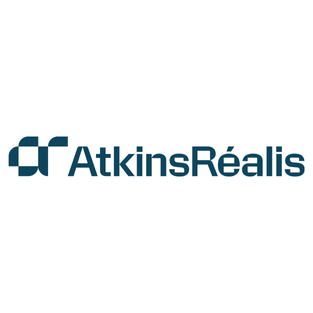
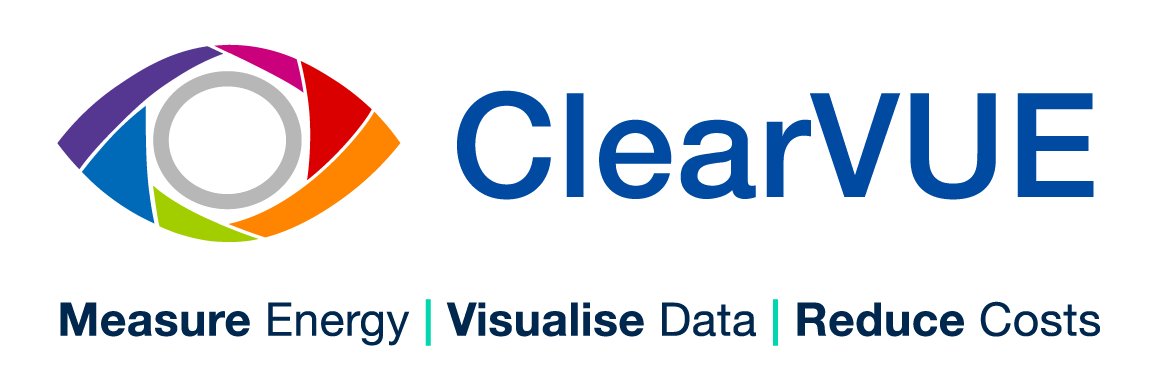
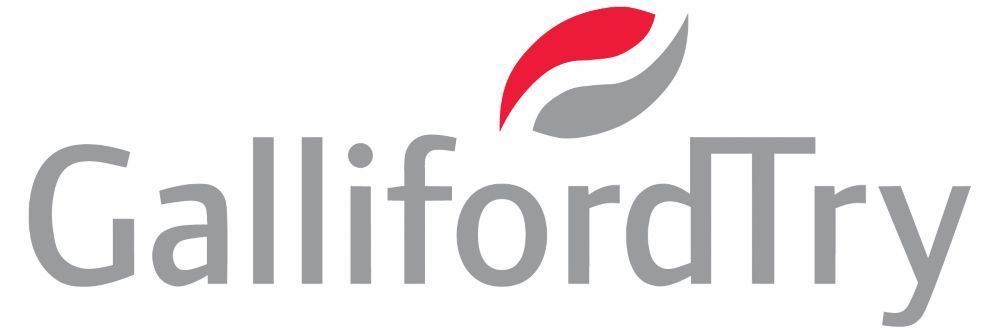

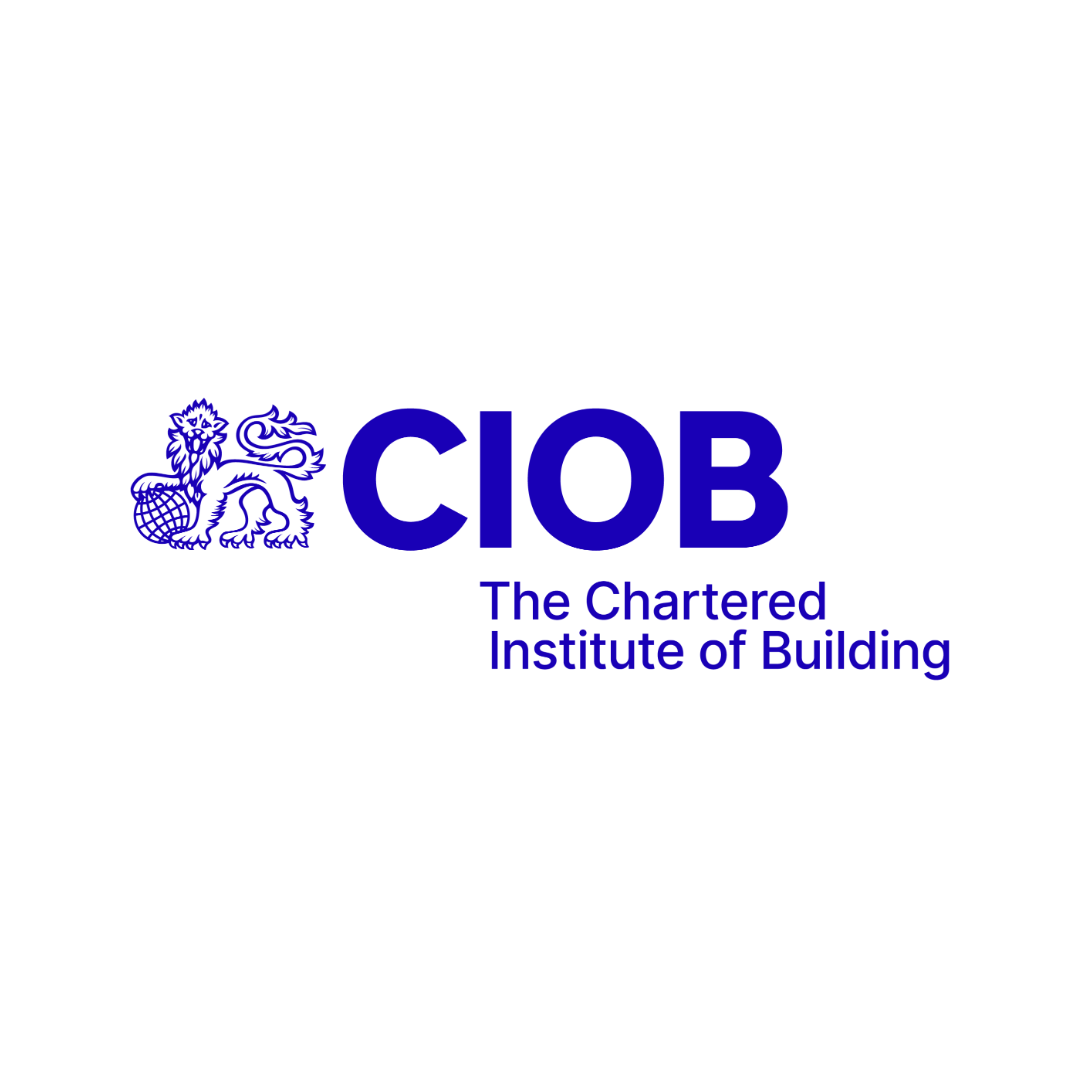
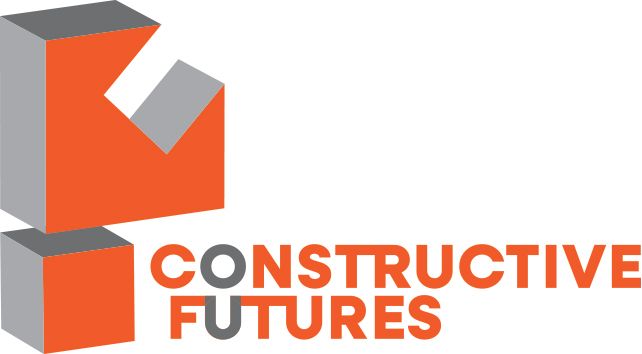
.png)
.png)
